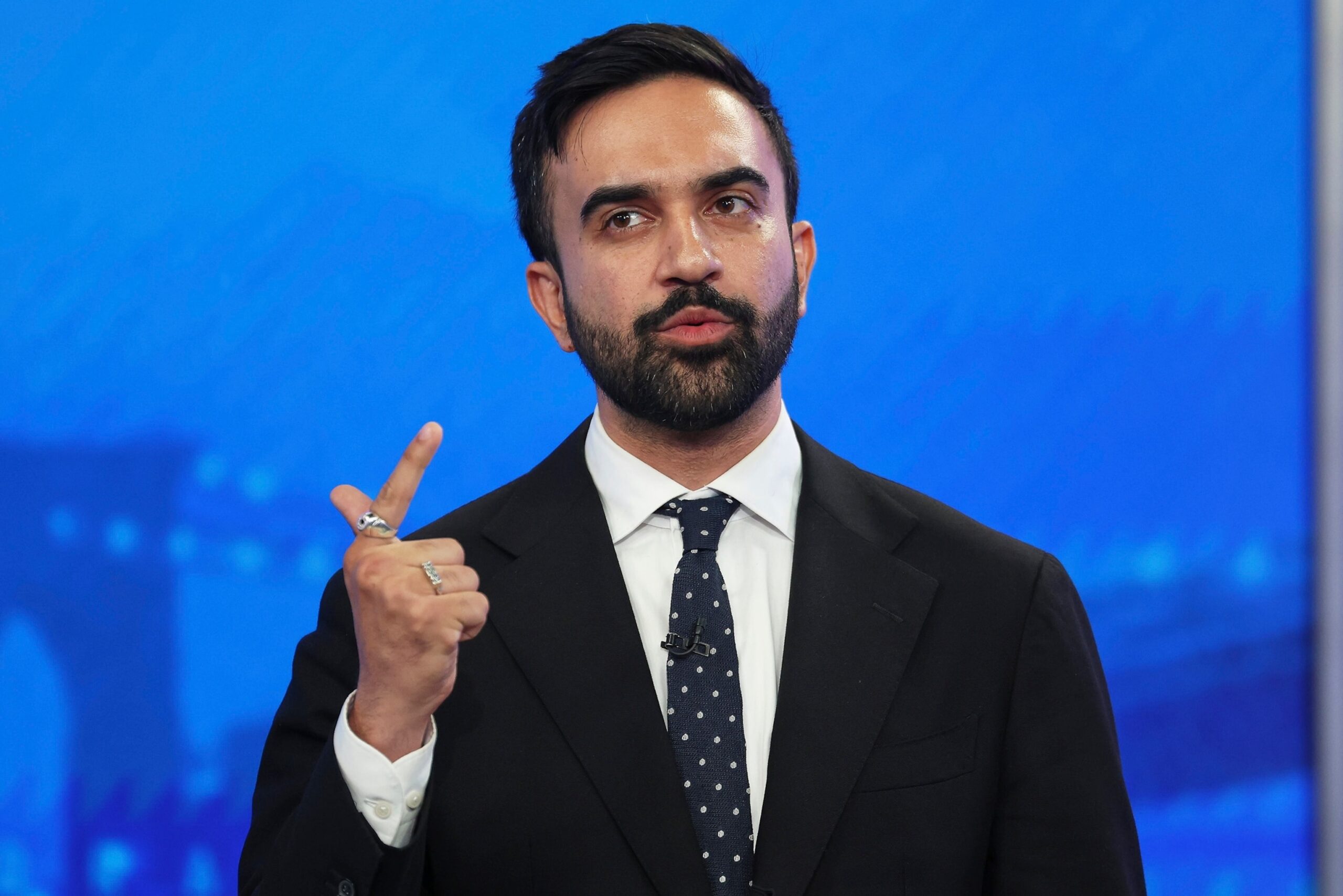Zohran Mamdani Takes Lead in NYC Mayoral Democratic Primary
Zohran Mamdani, the Democratic mayoral candidate held his primary election gathering on June 25, 2025, in New York. Widely viewed as the likely victor of the NYC mayoral primary, Mamdani’s proposed policies have stirred debate and controversy. There have been numerous incorrect claims attributing him as a communist which are unfounded.
Mamdani, the vibrant 33-year-old aspirant who took a strong lead in the mayoral Democratic primary of New York City, identifies himself as a democratic socialist. Amid the electoral race, certain political figures and misleading social media content have erroneously branded him a communist.
Despite these allegations, Mamdani’s platform revolves around affordability for New Yorkers, hinting at no significant attributes of communism like state ownership of all industries and private property. His policies include proposals for free bus services, daycare, city-controlled grocery stores, and rent control. The aim of these measures is to make city life less economically challenging for the residents.
To counter these wrongful attributions, Mamdani clarified his position as a democratic socialist. In the American political landscape, the term usually implies a welfare model with extensive social insurance schemes which would involve large-scale subsidies for childcare and high taxation to fund education and healthcare provisions.
Mamdani’s political journey attracted national attention on June 24 when former New York Governor Andrew Cuomo admitted defeat in the primary. Expectations are high for Mamdani as the city finalizes its ranked-choice voting process, where he is foreseen to emerge triumphant.
In the upcoming November elections, Mamdani is set to go up against Republican nominee Curtis Sliwa, famed as the creator of the civilian anti-crime organization, Guardian Angels. Moreover, incumbent Mayor Eric Adams, who is contesting as an independent, will also challenge him. Interestingly, Cuomo hasn’t completely discarded the idea of running independently as well.
Mamdani, a current representative of certain sectors of the Queens borough within the New York State Assembly, remains steadfast as a democratic socialist. Part of his proposed plan is to enforce a freeze on rent increments for tenants residing in buildings with preexisting caps on prices between leasing tenures.
He has also brought up the innovative idea of setting up city-owned grocery stores based on the model of municipality-owned outlets in Kansas. In a recent June dialog with Spectrum News NY1, he disclosed plans to initially launch one such store in each borough.
In an effort to level the economic field, he also plans to offer free bus rides and daycare services with a financing plan based on increased corporate taxation and a higher minimum wage. Mamdani’s policies do not aim to eliminate private ownership—this is a significant point that distinguishes him from the communist label imposed on him.
Mamdani’s goal, as outlined on his website, is to streamline the processes of starting and running a business which includes making it faster, less expensive, and overall more accessible. He expressed to The New York Times that his perspective on the role and significance of the private sector in housing development has evolved.
Even though he champions the public sector’s role in constructing affordable housing, he does not advocate for the state to command all housing sectors. Link to this policy suggestion can be located on Mamdani’s official website.
His platform was scrutinized by seven experts from various academic fields. In their consensus, none of them concluded him as a communist.
When the term ‘democratic socialism’ is invoked by American politicians, it usually implies welfare policies similar to those widely available in Europe. Such policies, heavily subsidized childcare and high taxation to finance healthcare and education, align with Mamdani’s political philosophy.
Even though Mamdani advocates for policies such as city-owned grocery stores funded by a redirection of funds from corporate supermarkets, he explicitly stated he has no intention to abolish private, corporate markets. In fact, he proposes that city-owned outlets could cooperate with privately-owned small businesses and farms.
In his quest to make New York City affordable for everyone, Mamdani proposes specific interventions such as free buses and daycare, rent control, and city-owned grocery stores. These measures, contrary to accusations, are not evocative of communism where the state directly controls the production means and private enterprises.
Mamdani is against abolishing private ownership. Moreover, he does not intend to eradicate democracy or political parties—these are both significant elements of communism. All in all, his political stance and proposed reforms represent democratic socialism, and not communism as wrongly claimed by some.

